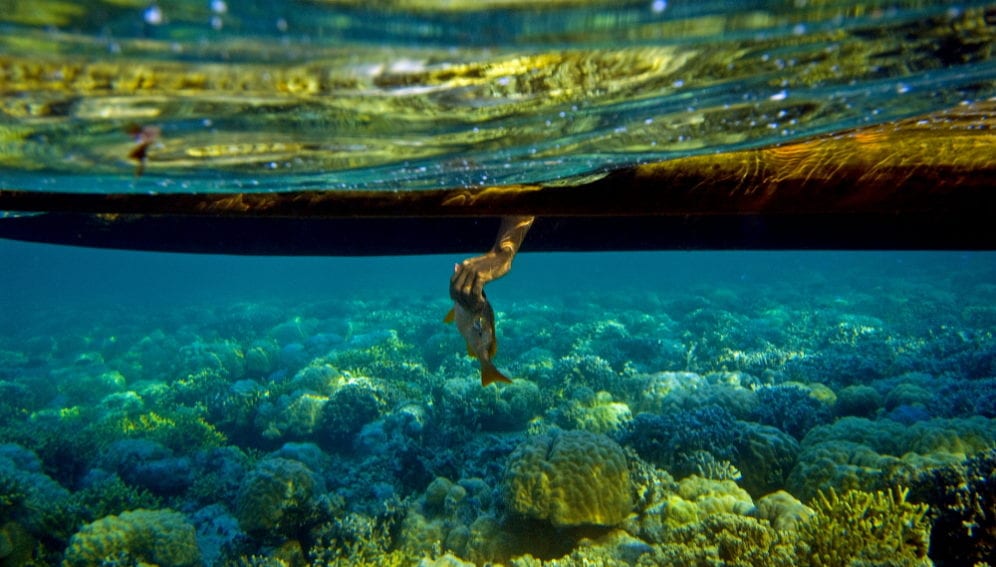By: Joanna Carpenter
Send to a friend
The details you provide on this page will not be used to send unsolicited email, and will not be sold to a 3rd party. See privacy policy.
As negotiators prepare to gather at the UN headquarters in New York next week (23-27 June) to finalise the draft outcome document for a forthcoming summit on small island developing states, some experts are concerned it lacks references to science.
The document is part of ongoing UN discussions over how small island developing states (SIDS) can achieve sustainable development. The finalised version will be used as a framework during the Third International Conference on Small Island Developing States (SIDS), to be held in Samoa later this year (1-4 September).
As it stands, the draft only makes a few references to science and research. For example, it pledges to provide “assistance to SIDS in undertaking marine scientific research and developing their technological capacity, including through the establishment of dedicated regional oceanographic centres”, and to “enhance regional and inter-regional SIDS-SIDS cooperation for research and technological development” in renewable energy.
“Sound weather and climate scientific information and products provide a key input into decision-making processes in climate-sensitive sectors.”
World Meteorological Organization
But science is only mentioned in connection with coastal zone management, energy and marine resources, and is omitted from “many other relevant sectors such as agriculture, forestry, health and water” says Gerd Rücker, senior scientific officer at the German Aerospace Center.
Rücker worked in the European Commission's Pacific-EU Network for Science and Technology (PACE-Net) project as policy conference coordinator from 2011 to 2013, and is now attached to the latest version of the project: PACE-Net Plus.
He says that although SIDS are frequently dealing with highly complex issues such as land degradation and high unemployment, which are exacerbated by climate change and population growth, each country’s population is too small to individually address all of their research and policy needs.
Rücker suggests the draft should take note of PACE-Net’s recommendations for more regional co-operation for development, innovation and research, published in December 2013. It proposed setting up regional thematic task forces to coordinate research and develop the islands’ research capacity and priorities.
The World Meteorological Organization also commented on the draft, saying: “the role of science is not developed in the [draft] document”, and suggested adding a line to “support SIDS in their efforts to build their resilience to climate change and climate variability by developing the science and knowledge base and the related applications”.
“Sound weather and climate scientific information and products provide a key input into decision-making processes in climate-sensitive sectors,” it adds.
> Link to PACE-Net’s Recommendations for Research, Innovation and Development in the Pacific














